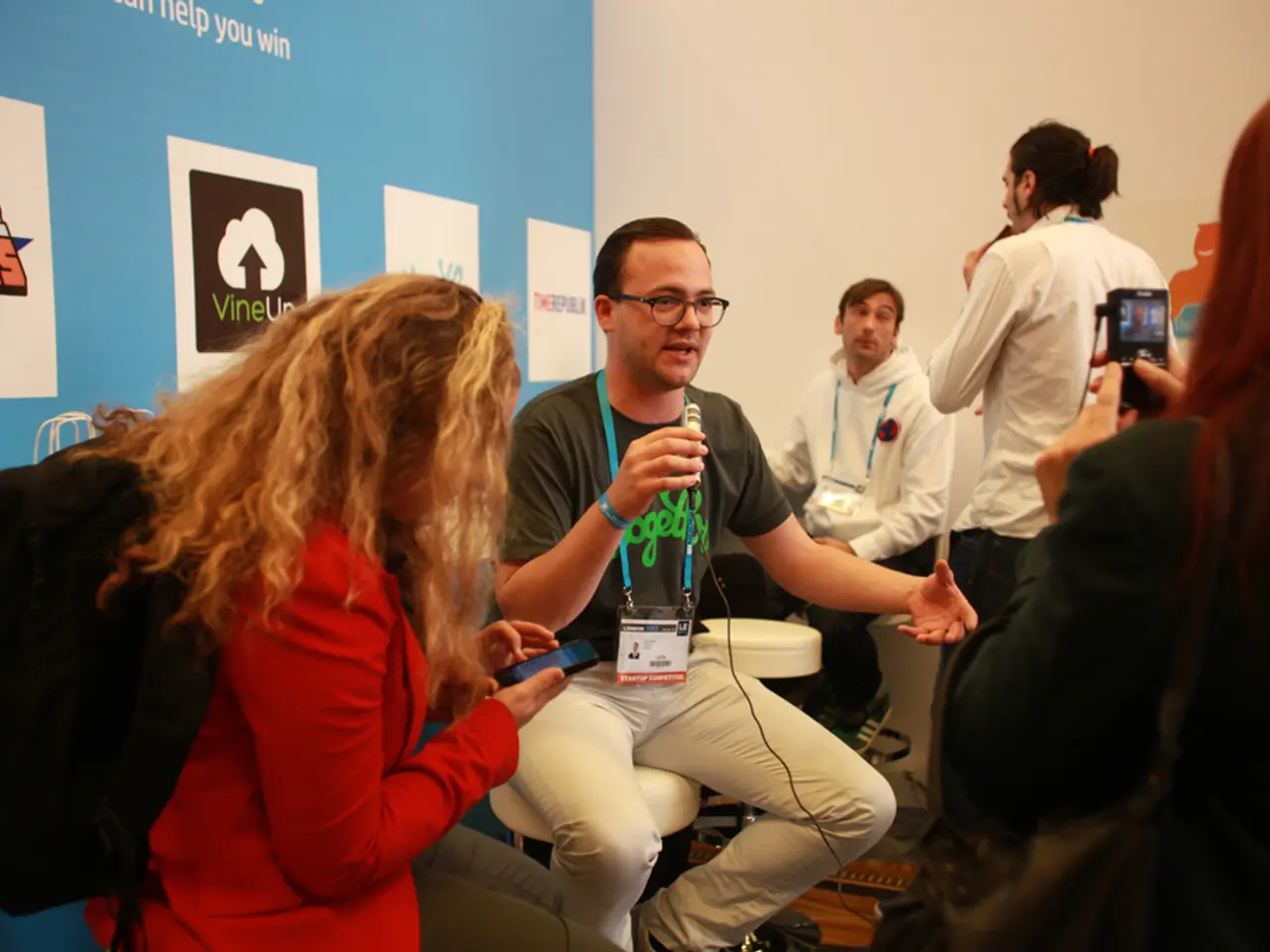Majority of Gen Z labor force considers their employment as a 'situationship', according to a recent survey
In a recent survey conducted by Gateway Commercial Finance, it was revealed that Gen Z workers, born between 1997 and 2012 and now entering the workforce, are prioritizing work-life balance, personal values alignment, emotional well-being, and career growth opportunities over traditional long-term loyalty to one employer.
The survey, which collected data in June 2025, found that 47% of those planning to leave their roles expect to exit within the next year. This shift in employment patterns is driven by various factors, with the top reasons for Gen Z’s job changes being:
- Seeking better pay and improved workplace flexibility, such as remote or flexible hours.
- Desire for varied experiences and personal growth, treating their career as "project-based" with multiple employers and side gigs rather than a linear path with one company.
- Prioritizing mental and physical health and authenticity, with many valuing being true to themselves over traditional success metrics like titles or wealth.
- Economic and practical considerations, such as economic insecurity, housing unaffordability, and skepticism about traditional career paths and educational ROI.
- Disruption in traditional entry-level roles due to automation and AI, motivating them to pivot often to more promising opportunities or sectors.
The survey also highlighted that over half (53%) of Gen Z workers plan to search for a new job in the near year, the highest among generations surveyed. Furthermore, nearly 20% expect to work for six or more employers during their careers, reflecting their acceptance of frequent job changes as normal and necessary.
Despite common perceptions, Gen Z workers are not necessarily loyal to specific brands or industries. Instead, they are characterized by their willingness to explore various roles and industries. This adaptability, coupled with their pursuit of meaningful work and work-life balance, sets them apart from older generations who emphasized job loyalty and traditional career ladders.
While one out of four hiring managers view short job tenures on Gen Z resumes as a red flag, two out of three are still willing to hire Gen Z workers, understanding their need for exposure and employment. It is essential to view Gen Z workers as individuals seeking guidance and support to achieve their career goals without compromising their mental health, rather than as a red flag.
In conclusion, the survey findings suggest that Gen Z workers are more likely to switch jobs due to better pay, burnout, poor mental health concerns, and career advancement opportunities. Employers who can provide the flexibility, support, and opportunities that Gen Z workers seek will be well-positioned to attract and retain this dynamic and ambitious generation.
- Recognizing the preferences of Gen Z, many employers are now focusing on enhancing entertainment and lifestyle within the workplace-wellness, such as providing mental-health support, physical health improvement programs, and creative work environments.
- As education-and-self-development becomes more accessible online, Gen Z individuals are taking advantage of these resources to learn new skills and foster personal growth, thereby improving their cognitive abilities and strengthening relationships.
- The priority given to health-and-wellness and mental-health by Gen Z workers extends to their private lives, as they seek to maintain balance between work and relationships, striving for a harmonious lifestyle in modern society.
- The increased focus on career-development and continuous self-improvement among Gen Z workers could potentially lead to innovative breakthroughs in science, as they apply their diverse experiences and creativity to solve complex problems facing humanity.
- To effectively connect with Gen Z workers, employers should embrace the concept of relationships built on mutual trust, open communication, and shared values, rather than relying on traditional hierarchical structures that may not resonate with this generation.




